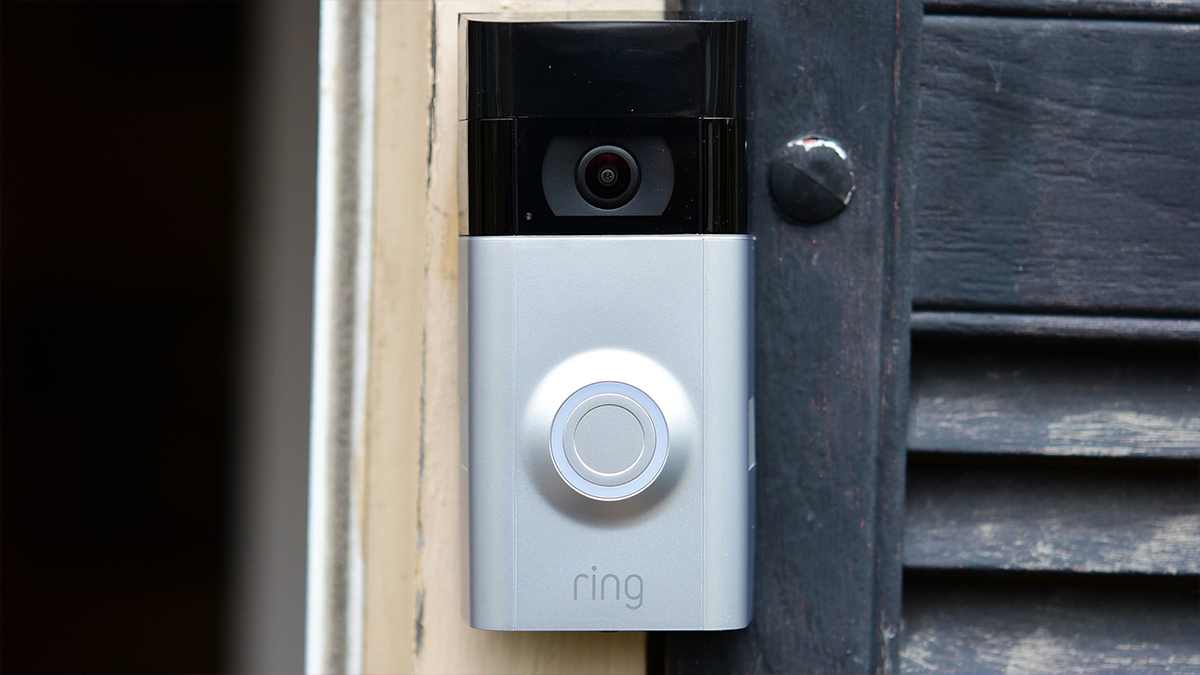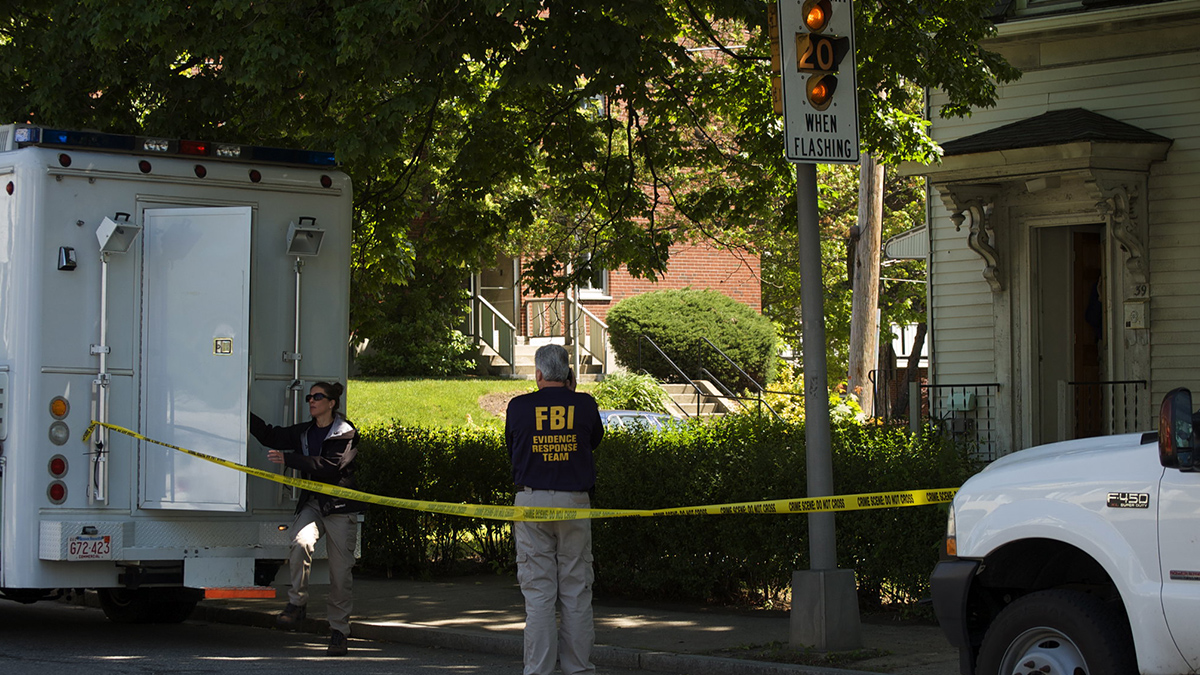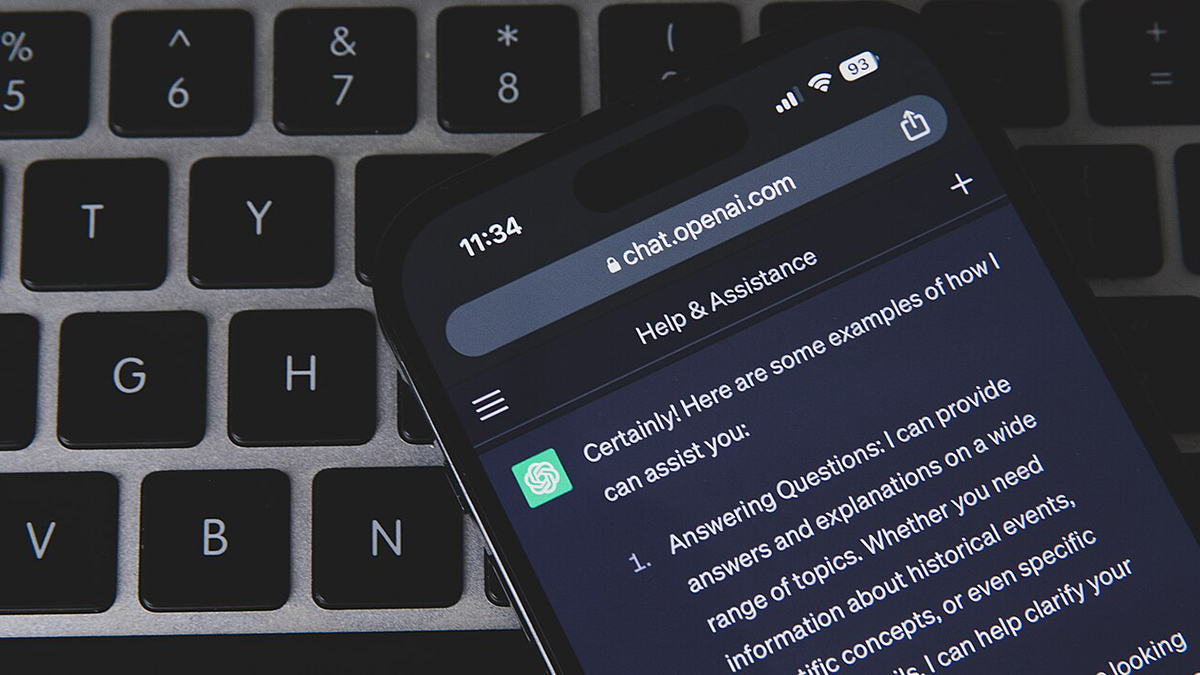After days spent missing, Kai Zhuang, a 17-year-old student from China studying in Utah, was found alive in early Jan. 2024 in what’s believed to be a case of “cyber-kidnapping.” Here are details about what happened to Kai as well as virtual abduction — a disturbing new “criminal trend,” authorities say.
According to The Washington Post, Kai’s high school in Riverdale, Utah, reported the teenager missing. Reportedly, Kai’s host family was unaware he was gone, having seen him the same day he vanished. There were no signs of struggle in the Utah host family’s home.
Meanwhile, Kai’s family in China said they received pictures suggesting that Kai was being held captive, and demanding ransom. Kai’s family transferred around $80,000 to his abductors before he was found, The Guardian reported. Once reported missing, the FBI, Chinese officials, and the U.S. embassy in China joined the search.
Kai was found in the woods
Reportedly, Kai Zhuang was located about 25 miles north of Riverdale in a tent without heat, little food and water, several phones, and minimal survival gear. Authorities used bank records, phone data, and drones to narrow down where Kai was found, and winter temperatures there are often life-threatening.
According to Utah police, Kai “had no heat source inside the tent, only a heat blanket, a sleeping bag, limited food and water, and several phones that were presumed to be used to carry out the cyber kidnapping” (via CNN).
What is cyber-kidnapping?
As is common in cases of cyber-kidnapping, police think Kai intentionally isolated himself, believing it would keep his Chinese family safe, as perpetrators pressure victims to isolate themselves, using threats to harm the victim’s family. The kidnapped person supplies photographs suggesting they are held captive, and these threats are most often delivered virtually. Kai had likely been in contact with his virtual abductors for some time without telling anyone.
The Chinese embassy in Washington has advised Chinese nationals living in the U.S., who are often exchange students and common targets of cyber-kidnapping, to be wary. The FBI has also sought to heighten awareness of the increasingly common form of extortion.
Once contacted, Kai said he was “alive but very cold and scared,” Riverdale Police Chief Casey Warren said in a statement. Kai then returned to his host family, and requested a “warm cheeseburger.” Once determined to be safe, Kai reportedly wanted to contact his Chinese family to ensure they were unharmed.











Published: Jan 2, 2024 06:46 pm